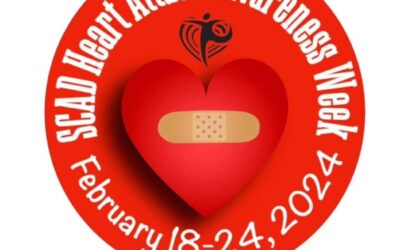Overview of Spontaneous Coronary Artery Dissection (SCAD)
SCAD is a cardiac condition that affects women, which can be dangerous if left untreated. This condition is characterized by a sudden tear in the coronary arteries, which can lead to diminished or completely blocked blood flow to the heart. SCAD is a rare heart condition; therefore, it is often underdiagnosed due to its spontaneous nature and because its symptoms often mimic those of other cardiac conditions. SCAD can cause severe chest pain, heart attacks, arrhythmias, or even sudden death.
Despite its severity, SCAD is not a death sentence. It is a manageable condition if diagnosed and treated promptly. At our center, we offer a comprehensive approach to diagnose and manage SCAD patients. Our team of medical experts includes cardiologists, surgeons, and other specialists, who work together to provide the best possible care for our patients.
Causes and Risk Factors for SCAD
The exact cause of spontaneous coronary artery dissection is still unknown. However, some studies suggest that it may be related to hormonal changes, pregnancy, childbirth, and menopause in women. Other potential risk factors for SCAD include genetics, connective tissue disorders, emotional stress, and physical exertion.
Our team of experts will conduct a thorough evaluation of your condition to identify the underlying cause and risk factors. This will help us develop a tailored treatment plan that fits your unique needs and lifestyle.
Treatment Options for SCAD
Treatment for SCAD depends on the severity of the condition and the presence of complications. Our team of medical experts will work together to provide the best possible care for our patients. Treatment options for SCAD may include:
- Medications to manage chest pain and prevent further tearing of the arterial wall,
- Angioplasty and stenting to open the blocked artery and restore normal blood flow,
- Bypass surgery to reroute the blood flow around the blocked artery,
- Lifestyle changes, such as a heart-healthy diet, regular exercise, and stress management techniques, can help reduce the risk of further complications.
A timely diagnosis and prompt treatment can help prevent complications and improve the prognosis of SCAD. If you experience any symptoms of SCAD, such as severe chest pain, shortness of breath, or fainting, seek medical attention immediately. Our team of medical experts is here to help you manage your SCAD and achieve a better quality of life.






0 Comments